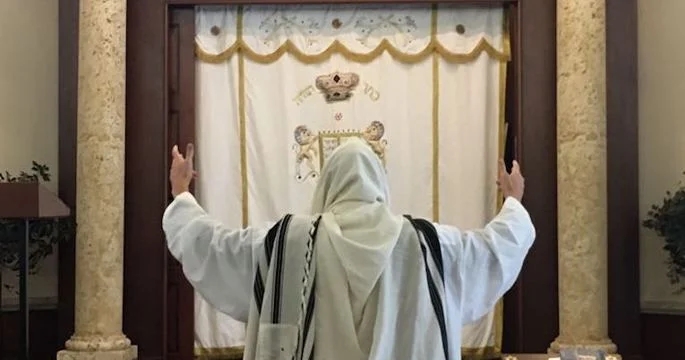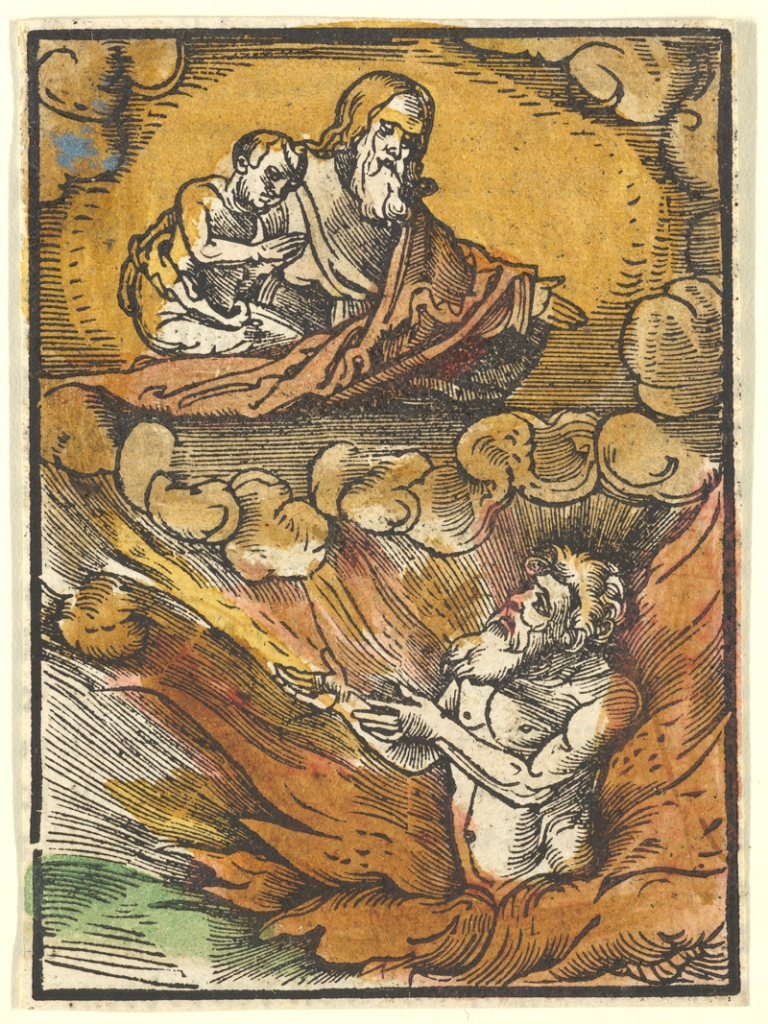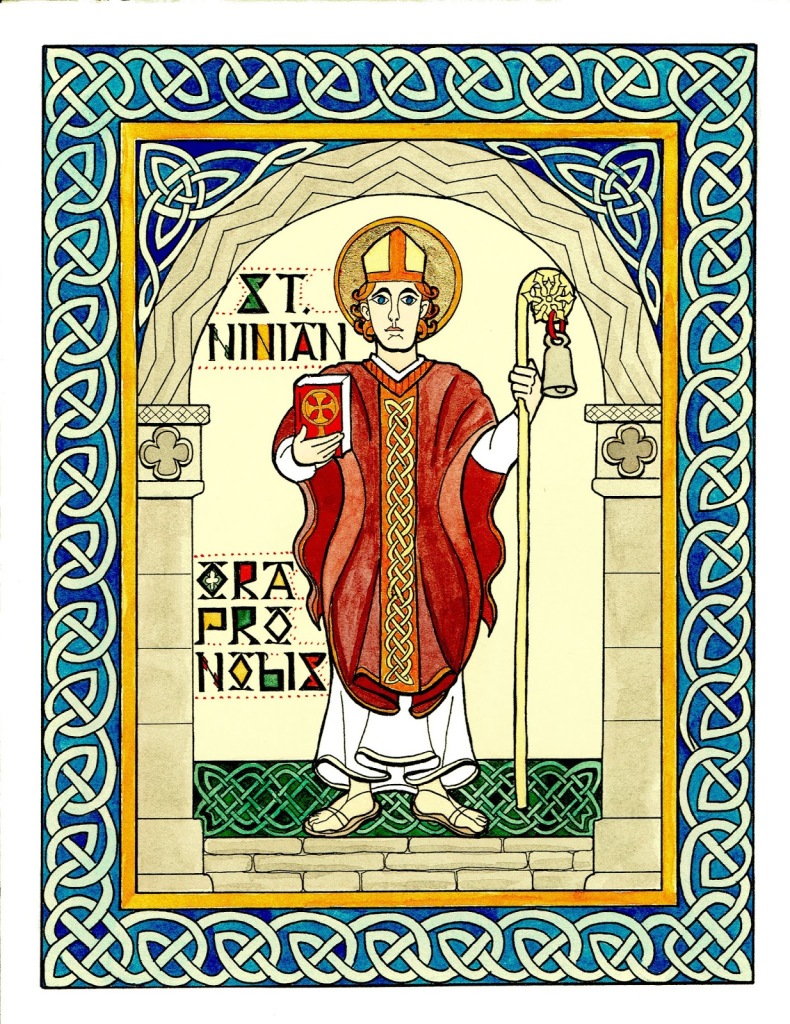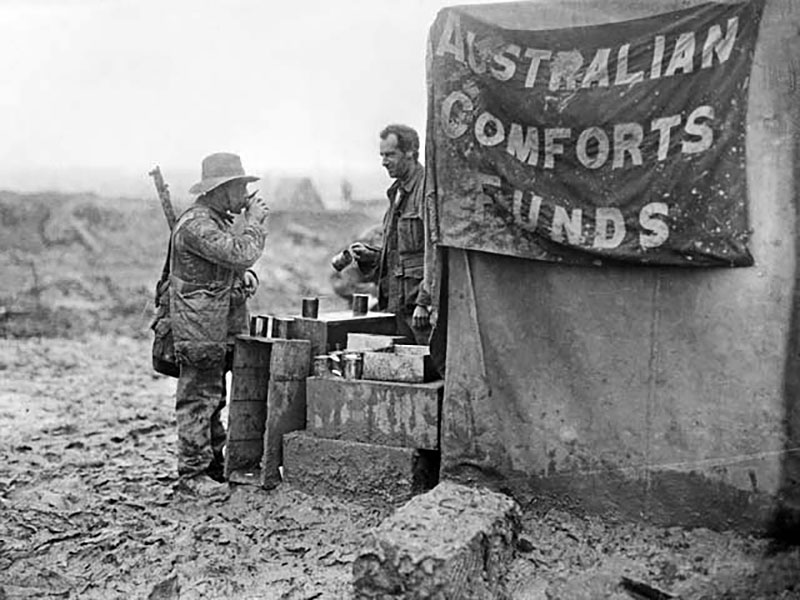
Preached live at St Ninian’s Uninting Church, Canberra,
Reforation Sunday, 29 Oct 2023
Leviticus 19:1-2, 15-18; 1 Thessalonians 2:1-8; Matthew 22:34-46
Author Preacher’s Note:
When Jesus told parables during his earthly ministry, he used them as tools that enabled many layered concepts to be taught in a way that his audience and then us as readers of the Gospel could understand, reflect upon, and apply to their and our lives. It is in this style that I seek utilise this parabolic tool for today. As the writer of this I modern parable, I point out that it has been written with three steps in mind. The first, is that the reader reads the three biblical texts and becomes familiar with the same. The second, that with the biblical texts as the centre of gravity one reads the parable. The third and final step, is to prayerfully reflect and look for the synergies between the writings.
In a suburb not too far away, was a small street called “Benjamin’s Way.” Over the years the residents of Benjamin’s Way would try to guess why their street was so named. Some said it was named after Benjamin Franklin the great American statesman and scientist. others said that the street had the great honour of being named after Joseph Benedict Chifley[1] the great Australian Labor Prime Minister and former train driver. Still others said that the street was named after a past councillor’s illegitimate son, as a means of placating the indiscretion. However, they were all wrong! For if the residents of Benjamin’s Way were to look at a bigger map of the district, and knew their Bible, they would see the pattern that a town planner long ago had used the names of the twelve tribes of Israel[2] to name key streets in the planning of the suburb. Benjamin was the youngest son of Jacob (Israel) and what would become Benjamin’s Way was the last street to be developed.
The residents of Benjamin’s Way were good middle class Australian people. They worked in a variety of industries but were mostly “white collar workers” or in some management role. The children of Benjamin’s Way mostly attended a private school nearby. The lawns and gardens of Benjamin’s Waywere rather uniform, in as much all were lovingly cared for, with manicured lawns, trimmed shrubs and flower beds. Some of the residents of Benjamin’s Way were members of one of the two nearby churches which consisted of congregations who were of much the same disposition as those from Benjamin’s Way. Life in Benjamin’s Way was predictable, peaceful, and constant. People in Benjamin’s Way got on and highly valued the constancy of their street.
Then something happened at number thirteen. One morning a removal truck arrived, all the family’s belongings were packed up, and by the end of day they were gone! One rule in Benjamin’s Way was that residents did not seek to know the others business. The community functioned well on the polite neighbourly wave, a brief word of small talk between neighbours, but everyone kept to themselves. Thus, the Holts from number thirteen, moving away so suddenly whilst unexpected, did not draw too much attention. Some however, were more predisposed to a bit of old-fashioned gossip. Rumours abounded, some said that Mr Holt had lost all his money gambling. Others who were of a nastier nature said that Mr Holt has eloped with his secretary. However, what ever the story, number thirteen was empty, and a for a for sale sign went up.
The weeks went by, people came and went looking at number thirteen Benjamin’s Way, then the sold sign was attached to the real estate’s sign. This caused somewhat of a buzz through the street. Who would move in? What will they be like? Will they be like the rest of the street? All these questions were circulating like an electric current around Benjamin’s Way. Then a removal truck arrived and along with it an older car and a family. Husband, wife, two boys and girl. They seemed different to the other residents of the street. Whilst none of the other residents could give solid reasons why they were different, there was a general consensus, they, the new people in number thirteen were not like the rest and therefore would not fit into the community of Benjamin’s Way. The Parkers who lived at number eleven, were bolder than the rest of the other residents at Benjamin’s Way and went and introduced themselves to their new neighbours, but for the purpose to find out more who the new people were than for the purpose of a welcome. Later, that day Mrs Parker was talking with Mrs Asher from number 15, telling Mrs Asher that their new neighbours name was the Benjamin, although Mrs Parker was unsure if the new people were making fun of her and Mr Parker. “Benjamins in Benjamin’s Way…” The man told Mr and Mrs Parker with a smile. Mrs Asher shared Mrs Parker’s repugnance at the way these new people conducted themselves.
The days turned into weeks, and the Benjamins at number thirteen went about their lives. Mr Benjamin would go to his work each day although it was noted that he wore hi-visibility clothing and seemed to come and go at strange times of the day and night. Mrs Benjamin also went to work; it was noted that she was a cashier at a local grocery shop. The children went to school, but not the same one of that all other children went to from Benjamin’s Way. Is seemed that the Benjamins went to a church, but not one on Sunday but one that met on a Saturday evening in a large shed in the industrial area. The Parkers and Ashers were having dinner one Friday and talking about their new neighbours at number thirteen. The agreement reached and apparently affirmed the support by other residents in Benjamin’s Way, was that the Benjamins did not fit into the community. “They are just not like the rest of us.” Mr Parker declared placing his wine glass firmly on the table with a distinct clank. So, it was decided the Benjamins were not like the rest and thus in a passive aggressive manner were shunned by the rest of the street. Even down to an impact on the children, parents told their children that the Benjamins were not to be invited to their homes for interactions of any sort. The Benjamins however, continued their friendly disposition to everyone else in Benjamin’s Way as if the ostracism was not present or taking place.
Then late one night a sequence of events happened that would change Benjamin’s Way and its people forever. It was just before midnight on a Friday. Mr and Mrs Asher were away for the weekend visiting Mrs Asher’s sister down the coast. 17-year-old Joel Asher had stayed home to work on a school assignment. Mr Benjamin had just driven into his driveway coming home from his shift at the plant where he worked, when he noticed flames emitting from under the eaves of number fifteen. Mr Benjamin placed his car in park and called triple zero from his mobile phone to summons the fire brigade. It was then that he saw the scared face of Joel Asher in the front window and could hear him calling for help. The flames and the smoke were getting more severe. If Joel Asher did not get out soon, the outcome would be dreadful. The other residents of Benjamin’s Way started to come out and stood and stared in horror at the Asher’s home, and Joel Asher in the window desperately calling for help. It was as if time along with the residents of the street had frozen and no could move.
Mr Benjamin knew the danger of fire and smoke, for he had served as a naval officer for a number of years, where he had been trained to rescue persons from fire and smoke. Now days, Mr Benjamin worked as a health, safety, and emergency manager at a large chemical plant. Mr Benjamin without further delay grabbed his fire-resistant turnout coat and flash-hood from his work bag pulled them on and ran toward the Asher home. The other residents stood and watched Mr Benjamin in stunned silence as he broken down the from door of the Asher home on the third strike and entered the burning building. In the distance the wail of the responding fire appliance could be heard but it was still some distance away.
In what seemed like an eternity, in the dirty light from the fire, the streetlight, the red and blue flashing lights of the responding fire truck, from the smoke out of the front door emerged Mr Benjamin with Joel Asher in his arms. Mr Benjamin walked sluggishly across the front lawn – rescuer with evacuee. Both coughing profusely from the inhaled smoke. Someone had also called for an ambulance which had arrived at about the same time as the fire brigade. The two attending paramedics quickly assisted the two men and commenced treatment. The firefighters quickly engaged the burning house and brought the conflagration under control.
As the dawn’s first light started to illuminate Benjamin’s Way, Mr and Mrs Asher arrived home having been called to urgently return. The occurrences of the previous night were told and retold to the Ashers. The most prominent feature of the telling was the selfless heroic act of Mr Benjamin from number thirteen Benjamin’s Way…Benjamin from Benjamin’s Way. Mr Asher went up to Mr Benjamin held out his hand, to which Benjamin responded. No words were said between the two men as it seemed pointless. Mr Asher finally spoke in a choaking voice, tears running down his cheek, said “I’m Fred Asher, welcome to Benjamin’s Way.” Mr Benjamin smiled his white teeth accentuated from the soot covering his face, said “Thank you Fred, I am Matthew, and I am pleased to have the honour of being your neighbour.
Benjamin’s Way was never the same again after that night. The Parkers, the Ashers, the Benjamins, and the others learnt many lessons from the events of that night. They learnt prejudgement, or prejudice is an evil thing, they learnt who is my neighbour and how the choices that one makes in their treatment of others may be completely out of step from what one proports to believe. The folk of Benjamin’s Wayalso learnt that sometimes living out their neighbourhood may come with courage, cost, risk, and love. These messages the folk of Benjamin’s Way had heard many a time from the faithful preachers in their churches, but now, they took them to heart.
Romans 13:8-10:
Let no debt remain outstanding, except the continuing debt to love one another, for whoever loves others has fulfilled the law. 9 The commandments, “You shall not commit adultery,” “You shall not murder,” “You shall not steal,” “You shall not covet,” and whatever other command there may be, are summed up in this one command: “Love your neighbour as yourself.” 10 Love does no harm to a neighbour. Therefore, love is the fulfillment of the law.
© CMV 2023
All Scripture References unless otherwise noted are from the NIV Bible, ® Zondervan
[1] 1885-1951
[2] Deuteronomy 27:12-13 Reuben, Simeon, Levi, Judah, Dan, Naphtali, Gad, Asher, Issachar, Zebulun, Joseph, and Benjamin











